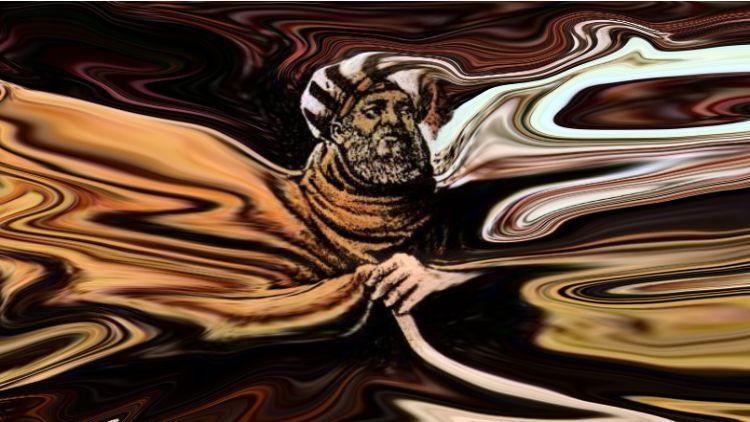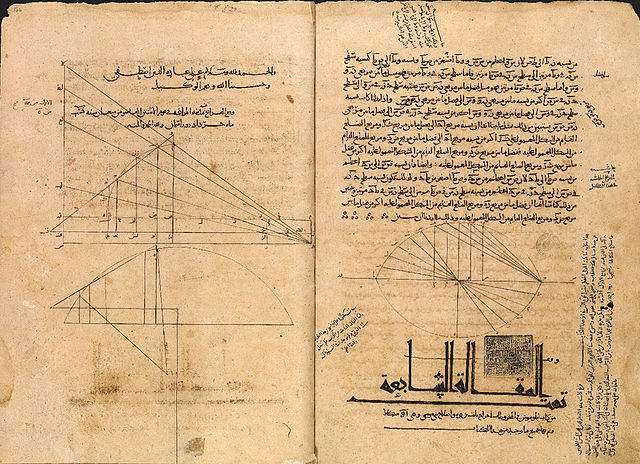
Manjit Thakur / New Delhi
Baghdad was indeed the centre of knowledge and science in the last millennium. e was a gathering of intellectuals from the surrounding areas (countries). One of them was al-Sabi Tabait ibn Qura al-Irani, who is also known as Thebit in Latin. He was a Syriac speaking Arab who had a tremendous grasp of mathematics, medicine and astronomy. He lived in Baghdad during the Abbasid Caliphate in the ninth century.
Thab ibn Qurrah made important discoveries in algebra, geometry and astronomy. In astronomy, Thabit is considered as one of the first scientists to improve the Ptolemy system. And in engineering mechanics, he is considered the founder of statics. Statics is the branch of engineering that analyzes weights.
Thabit was born into an aristocratic family in Haran (Today’s Turkey). Haran was a major centre of the study of Semitic astronomy in those days. Thabit was said to be a member of the Sabian cult group that is mentioned in the Quran, who worshipped stars. Haran had not been completely Islamized by that time, and Thabit used to earn from changing currencies in Haran's market before going to Baghdad.

However, according to Encyclopaedia Britannica, Thabit was employed with three wealthy brothers known as Banu Musa and his job was to translate Greek mathematical texts into Arabic. He translated the writings of Euclid, Archimedes, Apollonius and Ptolemy for Banu Musa. Along with this, Thabit also translated the philosophy of Aristotle and the work of medical scientists such as Galen of Pergamum and Hippocrates.
Soon, Thabit also wrote his original ideas on geometry, statistics, magical squares, theory of numbers, music, astronomy, medicine, and philosophy. Under the influence of Mohammad ibn Musa ibn Shakir (father of three of Musa Banu brothers) Thabit later became the astronomer in the court of Abbasi Khalifa al-Muttahid (892–902).
In mathematics, Thabit discovered an equation to determine the corresponding numbers (amicable numbers). He also wrote on the theory of numbers and extended their use to describe ratios between geometric quantities. This was something that the Greeks could not do.

Thabit's translation of Apollonius' work (Photo courtesy: Wikimedia)
In physics, Thabit rejected Peripet and Aristotle's assumptions of natural space for every element. Instead, he introduced the principle of motion in which both vertical and downward movements are caused by weight. Thabit also said that the universe came into existence because of two competing attractions. He started his study of Statistics in the Mechanics Branch of Engineering. He presented the evidence of Lever's law, which was formed by combining the ideas of the dynamics and mechanics of Aristotle and Archimedes.
Much of Thabit's work was later translated into Latin and Hebrew and became an influential name in the Latin world. One of his sons, Sina ibn Thabit, became a famous doctor and he was also the head of a hospital in Baghdad. Thabit's grandson, Ibrahim ibn Sina became famous all over the world as a mathematician.
